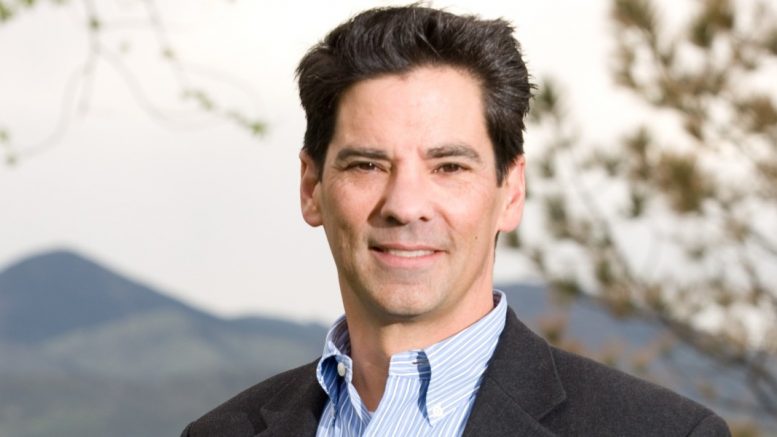Submission Reinforces Commitment to National Goals for Interoperability in Support of Patient Health
eHealth Exchange has applied for designation as a Qualified Health Information Network (QHIN) under the Trusted Exchange Framework and Common Agreement (TEFCA). Published in 2022 by the Office of the National Coordinator for Health IT (ONC) with the TEFCA Recognized Coordinating Entity (RCE), The Sequoia Project, TEFCA aims to establish a standardized infrastructure for interoperability across the country.
As the largest public-private health information network in the country, eHealth Exchange has supported the exchange of health information for 13 years. Its participants include large provider networks, hospitals, pharmacies, state and regional health information exchanges (HIEs), and federal agencies.
“We’re proud to be among the first to complete Phase 1 of the QHIN application process,” said Jay Nakashima, executive director of eHealth Exchange. “We’ve been active proponents of nationwide interoperability for more than a decade, and we remain committed to working at the forward edge of electronic health data sharing. Achieving the QHIN designation will allow us to continue and build upon that work.”
CRISP Shared Services, which provides HIE and health data utility infrastructure for five statewide non-profit HIE organizations, and Virginia Health Information, which is the commonwealth’s non-profit health data organization with its statewide HIE known as ConnectVirginia, intend to participate in eHealth Exchange’s anticipated QHIN. The Consortium for State and Regional Interoperability (CSRI), a collection of five of the nation’s largest and most robust non-profit health data networks, has also announced it intends to partner with eHealth Exchange’s anticipated QHIN. Founding CSRI health data networks pursuing the prospective eHealth Exchange QHIN include Contexture, CRISP, CyncHealth, Indiana Health Information Exchange, and Manifest MedEx.
Through its network participants, eHealth Exchange connects 75% of all U.S. hospitals, tens of thousands of medical groups, and more than 70% of all regional and state HIEs. The network supports more than 30 different electronic medical record technologies, is active in all 50 states, and connects to other national health information networks today via Carequality. Becoming a QHIN will allow eHealth Exchange participants to extend their data sharing even further to include any organization that will participate in any of the QHINs ultimately designated by ONC.
“Our participants already benefit from nationwide data sharing, including improved care coordination and access to data for value-based care and population health management,” Nakashima said. “By offering them a seamless on-ramp to join the new federal TEFCA framework, they can streamline regulatory compliance and reduce or eliminate the burden of participating in multiple exchanges.”
eHealth Exchange features inclusive and participatory governance and a data storage model that allows participants to retain full autonomy and control over how they handle critical issues related to patient matching, cybersecurity, legal compliance, and audit logging. This level of control will be particularly important for federal agencies as well as state and regional HIEs that operate under varying regulatory requirements.
Learn more about eHealth Exchange’s plan to become a QHIN at http://www.BeMyQHIN.org.

